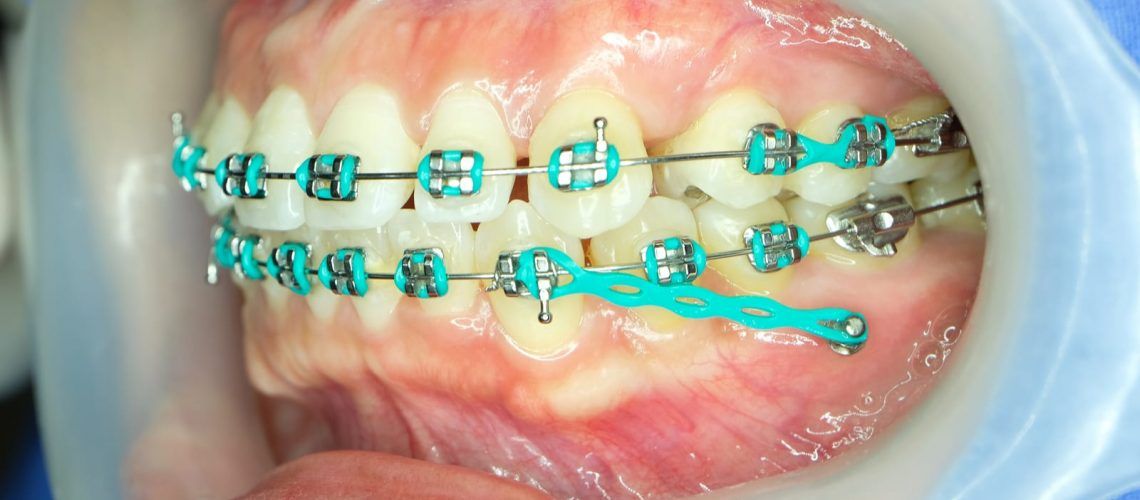Mini dental implants sound entirely odd, but they’re, in fact, a completely valid implant that has helped hundreds of people gain back their smiles! Mini implants can give patients more opportunities to gain the teeth they want, and while they may sound like something for children, they’re an excellent alternative for traditional implants. But what are mini-implants? How do they compare to traditional implants? Who qualifies for them? Here, we’ll be looking into the design of these miniature implants and why they work so well.
A Comparison of Mini and Traditional Implants
Dentists have to look at a person’s current oral health and observe what type of restoration treatment they’d need with any mouth restoration. Implants take on a unique aspect of repair due to their reliance on the jawbone for support and their highly invasive surgical procedures. General dentists, periodontists, and oral surgeons can provide implants as a full-proof way to replace decaying, chipped, and broken teeth. However, traditional implants require a lot more than just a simple surgery.
Traditional implants work to provide a replacement tooth that will handle a person’s bite, not shift or slip in the mouth, and last at least ten years or more for a gleaming smile. However, these implants require a healthy, sturdy jawbone with enough bone density and bone mass to support the implant. For patients who suffer from bone loss due to the effects of decaying teeth, dentists aren’t always able to provide implants as an option. A dentist working with a bone loss patient will need to restore the jawbone with bone grafts and other surgical procedures even before placing the implant.
Mini dental implants have a huge advantage in these cases because of their smaller form. Mini implants run between 1.8 to 3.3 mm long in diameter, while the traditional implant runs between 3.4 to 5.8 mm long. Mini implants can replace most teeth, and for patients with too much bone loss for a conventional implant, these implants can be provided because they do not require as much jawbone for support. Mini implants also take less time to heal, don’t require invasive surgery to procure, and can even be placed within the same day if so desired.
How Dentists Install Mini Implants?
Both traditional and mini implants require a titanium post to be attached under the gums and into the bone socket. However, with mini implants, these implants don’t require abutments. Abutments are a second piece that secures the post to the gum line and are often used in traditional implants as a way for the bone and gums to form around the implant and heal properly. Due to the less invasive procedures involved with mini implants, the lack of abutment makes it easier for the jaw and gum line to recover.
Mini implants require the same amount of care as any restoration and present fewer risks for both the patient and the dentists. To learn more about mini implants and what type of restoration will work best for you, please contact Covington Dental, operated by Dr. Gina Covington in Hickory, NC, for more information.


